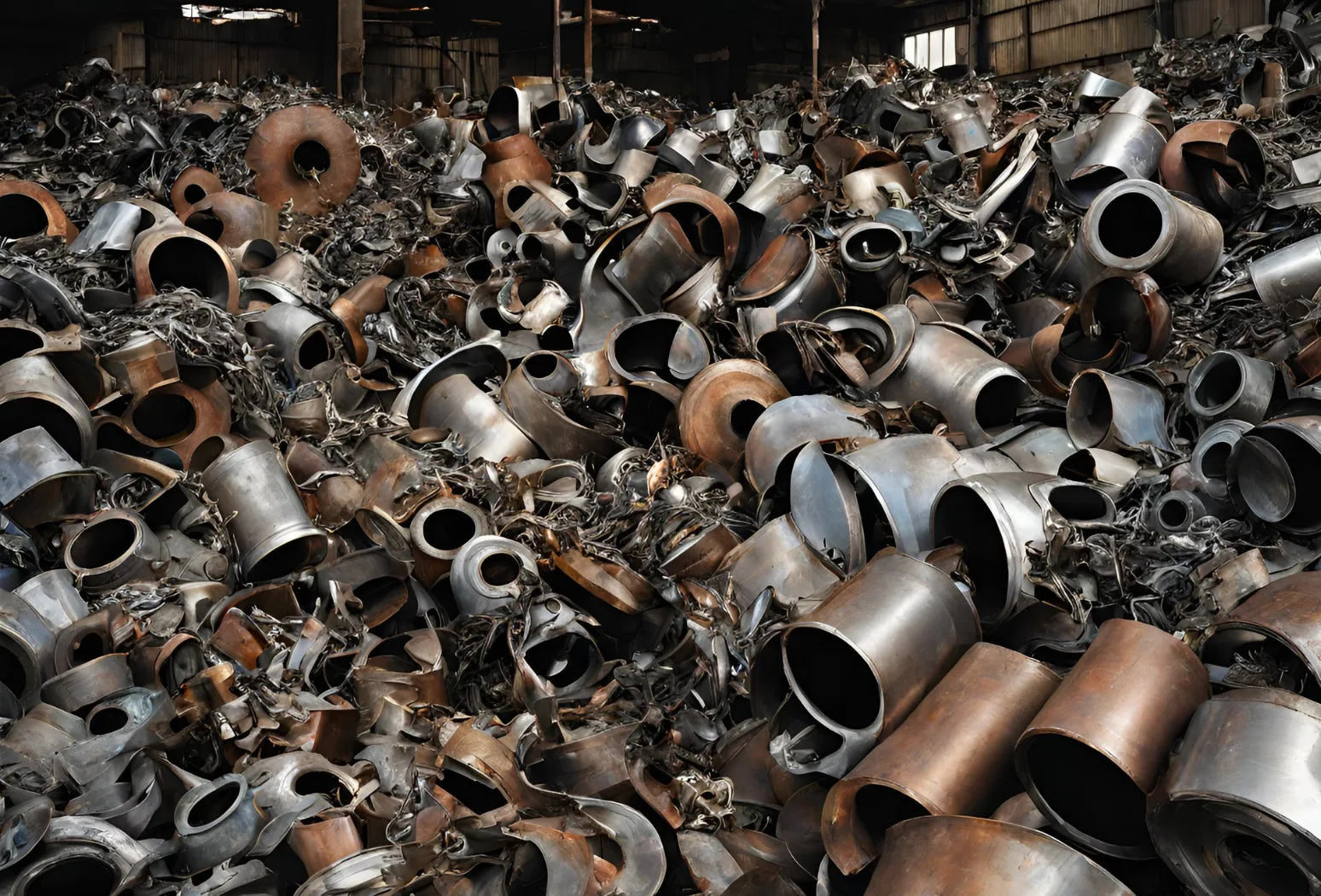
In recent years, India’s manufacturing sector has witnessed a significant transformation, driven by key initiatives such as the introduction of the Goods and Services Tax (GST), liberalization of Foreign Direct Investment (FDI) rules, and a substantial increase in the budget allocated for the manufacturing industries.
GST Revolutionizes Taxation:
The implementation of GST has been a pivotal moment for the manufacturing sector. Streamlining taxation processes, GST has replaced multiple indirect taxes, fostering a more straightforward and unified tax structure. This not only reduces the tax burden on manufacturers but also enhances ease of doing business.
FDI Liberalization Boosts Global Participation:
Liberalization of FDI rules has opened new doors for international investors looking to participate in India’s manufacturing growth story. Increased foreign investment brings not only capital but also expertise, technology, and global market access, contributing to the sector’s overall expansion.
Budgetary Boost for Manufacturing:
The commitment shown through an increased budget for the manufacturing industries reflects the government’s dedication to fostering growth. Financial allocations for infrastructure development, research and development, and skill enhancement programs strengthen the foundation for a robust and competitive manufacturing sector.
Synergy of Initiatives:
The synergy of these initiatives has created a conducive environment for the manufacturing renaissance in India. The combination of GST, liberalized FDI rules, and a boosted budget has not only attracted investments but has also propelled the sector towards increased efficiency, innovation, and global competitiveness.
Impact on Employment:
As the manufacturing sector thrives, it becomes a major contributor to employment generation. The growth in manufacturing translates to job opportunities, especially in the skilled and semi-skilled workforce segments, thereby addressing one of India’s critical socio-economic challenges.
Sustainable Development:
Beyond economic growth, these initiatives are steering the manufacturing sector towards sustainability. The emphasis on technology adoption, innovation, and infrastructure development aligns with global standards of responsible and eco-friendly manufacturing practices.
In conclusion, the combined impact of GST, FDI liberalization, and increased budgetary allocation has positioned India’s manufacturing sector on an upward trajectory. These strategic measures not only attract investments and global participation but also pave the way for sustainable growth, job creation, and global competitiveness. India’s manufacturing renaissance is underway, empowered by visionary policies and a commitment to progress.